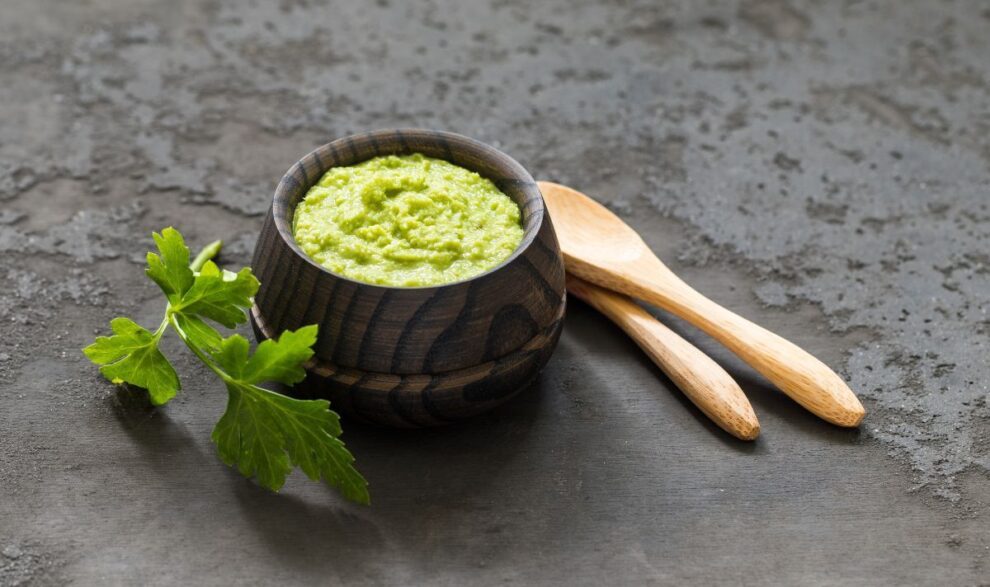NAGOYA — A recent study has found that wasabi, a traditional Japanese spice and popular sushi condiment, may be beneficial in enhancing elderly people’s memory and cognitive abilities.
The research, conducted jointly by Japanese food manufacturer Kinjirushi Co. and Tohoku University, focused on a type of mustard oil called hexaraphane found in small quantities in the plant’s roots and rhizomes.
The research looked into whether the compound, already known to have antioxidant and anti-inflammatory effects on the body, has a positive impact on cognitive function for healthy adults aged 60 years and over.
In total, 72 healthy adults aged from 60 to 80 were divided into two groups for the research, with one taking 0.8 milligrams of hexaraphane as a daily supplement, equivalent to 5 grams of wasabi rhizome, for 12 weeks, while the other was given a placebo.
Post-trial cognitive tests showed that the group taking the supplement showed a significant improvement in their episodic and working memories compared to the placebo group.
Cognitive improvements were particularly evident in terms of their ability to process short conversations, perform simple calculations, and match names with faces.
The findings were published Oct. 30 in the online edition of the European journal Nutrients.
Kinjirushi said it is exploring the possibility of using the discovery to develop new products for memory enhancement.
“With an aging global population, we aim to utilize wasabi’s health benefits to enhance the healthy life expectancy and well-being of the elderly,” an official of the Nagoya-based company said.
Source : The Mainichi











